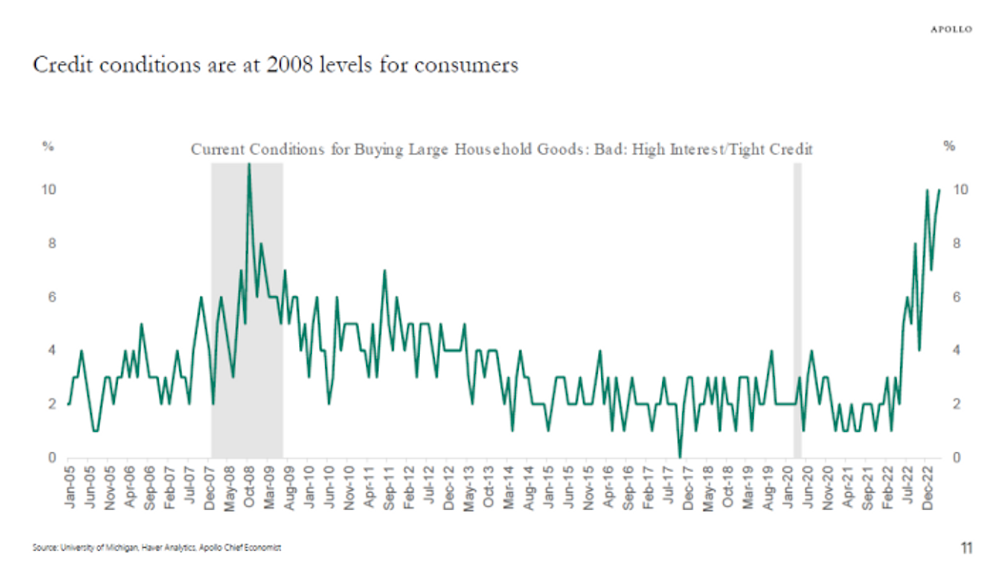Highlights:
Raising pensions and grants:
Both are going up but Spanish Deputy Prime Minister Soraya Saenz de Santamaria no gave no details
Spain is under tremendous pressure from its own people who are smarting from austerity
At protests this week, demonstrators clashed with police over the government’s austerity policies
Social spending:
64% of the budget will be directed to social spending. Spending cuts, not tax rises are the goal, the government said
Borrowing from the pension reserve fund:
Some EUR3.06 billion will be tapped from that fund to “cover some treasury needs,” said Santamaria
No further details
Creation of independent agencies for budget monitoring:
EU has been asking for such a measure and the government said Thursday that will be used to help it comply with the budget deficit
New laws:
43 new laws to help reform the economy will be rolled out over the next few months
A light recession for 2013:
Budget Minister Cristóbal Montoro Romero said Spain will see GDP drop 0.5% in 2013
Budget deficit goals:
Montoro said Spain will meet its deficit to gross domestic product target of 6.3% for 2012
That number is 4.5% for 2013, 2.8% for 2014 and 1.9% for 2015
Markets reaction:
The euro initially dropped, falling to $1.2842 from $1.2857 just before Spain’s announcement
It later rebounded to $1.291
Spanish bond yields held steady, down 12 basis points to 5.91%
European stocks tracked by the Stoxx Europe 600 index added 0.3% to 271.65 after a bumpy session
U.S. stocks initially pared gains before rebounding to hit session highs
The Dow Jones Industrial was up 88 points as of Wednesday afternoon
And here is what analysts say:
Soledad Pellon, market strategist at IG Markets in Madrid:
“The budget estimates seem good, but from my point of view they are unrealistic because they start from the premise that Spain’s GDP will contract by 0.5% next year, which is an estimate that is too optimistic.”
Simon Smith, head of research FxPro:
“Spain is right to concentrate more on spending cuts versus revenue increases, but even a near 4% rise in the latter looks a long shot with the economy still contracting.”
Markets will now be “more expectant of a bailout announcement in the near future, with the budget minister stating that the measures went beyond EU recommendations and that a bailout decision will be made once all the information is available
Stephen Pope, managing partner, Spotlight Ideas:
“The government has tried to play both sides of the street
Please the public by boosting pensions and grants but this is done by borrowing EUR3Bn from its social security reserve to cover funding costs!
“This was far from Madrid’s finest financial hour…it is an artistic budget that suspends all reality.”
Predrag Dukic, equity sales, CM Capital Markets:
“Some people were expecting the government to seek a bailout today
Whilst this was always unlikely it is clear that we expected braver moves from the government. ”
David Song, currency analyst at DailyFX.com:
“Their comments about tapping into the pension fund helped to prop up market sentiment because it shows Spain is taking these measures to try to address their own issues.” That hit the dollar, he said.
The week isn’t over yet:
Speculation that Moody’s review of Spanish debt will be announced on Friday as well as results from bank stress tests later in the day
Barbara Kollmeyer
Welcome
stock market phases theorem.
Chief Artificial Intelligence.
Academic training in Fundamental Mathematics.
IA basada en Razonamiento Humano
Billie, Founder with academic training in Fundamental Mathematics and professional experience in Large Multinationals in the Information Technology sector, having held positions in high-level management positions, maintains that it is time to reduce Unproductive Public Expenditure and help the Private Sector in everything that is possible.
Cortesía de Investing.com
Cortesía de Investing.com
Agenda Macro
Calendario económico en tiempo real proporcionado por Investing.com España.




















2 comentarios:
MADRID, (EUROPA PRESS) -
El Producto Interior Bruto (PIB) de España caerá un 1,5% este año y un 2% en 2013 como consecuencia de los efectos de las medidas de ajuste fiscal aprobadas por el Gobierno el pasado mes de julio, según un estudio del centro de análisis Ernst & Young Eurozone Forecast (EEF).
El informe estima que la economía española seguirá en recesión en 2013 y que en 2014 el PIB crecerá un 0,3%.
Según el centro de análisis, existe "la preocupación de muchos analistas de que el país pueda entrar en un círculo vicioso de austeridad y contracción".
Por ello, Ernst & Young avisa de que el objetivo de reducción de déficit del 3% para 2014 "queda en entredicho" y prevé que no se cumpla hasta 2015.
Asimismo, en las previsiones de este indicador también se asume que España pedirá finalmente la ayuda a través del Mecanismo Europeo de Estabilidad (MEDE), al mismo tiempo que recoge la "preocupación" del mercado de que el paquete de 100.000 millones de euros para el sector bancario "puede no ser suficiente debido al rápido deterioro que ha sufrido a causa del aumento de la morosidad".
Por otra parte, el informe de EEF no prevé que la inversión crezca hasta 2015, cuando lo hará en torno al 1,8%.
De hecho, el estudio subraya que a finales de 2016 el nivel de inversión se situará aún un 40% por debajo de los máximos registrados antes de la crisis.
Igualmente, Ernst & Young cree que el consumo también experimentará un comportamiento "negativo", con descensos del 1,7% este año y de hasta el 2,7% en 2013.
En cambio, las exportaciones "se mantienen como el punto clave de la economía española y están permitiendo compensar en parte la debilidad de la demanda interna".
No obstante, el centro de análisis avisa de que las exportaciones "solo" crecerán un 1,9% en 2012 "debido a las dificultades que también están viviendo los socios comerciales de España"
EL PIB DE LA EUROZONA SE CONTRAERÁ UN 0,5% EN 2012
El estudio resalta que las perspectivas de la Eurozona también son "negativas" debido al aumento del desempleo, el ajuste de la inversión empresarial y los programas de reducción de déficit. En concreto, el PIB de la región caerá un 0,5% este año y "solo conseguirá crecer un 0,1% en 2013".
EEF prevé que el PIB del conjunto de la zona euro comience a remontar a medida que la economía se reequilibre y desaparezca el proceso de ajuste fiscal.
Asimismo, el estudio indica la "necesidad" de que el Banco Central Europeo (BCE) utilice medidas "no convencionales para hacer frente a las dificultades que afectan a los mercados de financiación y proporcionar a los gobiernos más tiempo para introducir las reformas estructurales necesarias para situar a la región en una posición más firme".
Para la economista del Ernst & Young Eurozone Forecast, Marie Diron, el programa de compra de bonos anunciado por el BCE "es algo esencial, pero solo servirá como un parche temporal". La experta considera que es "necesario" que en los próximos meses se ponga en marcha un plan "más ambicioso con el fin de asegurar la débil recuperación prevista para los próximos años".
Publicar un comentario